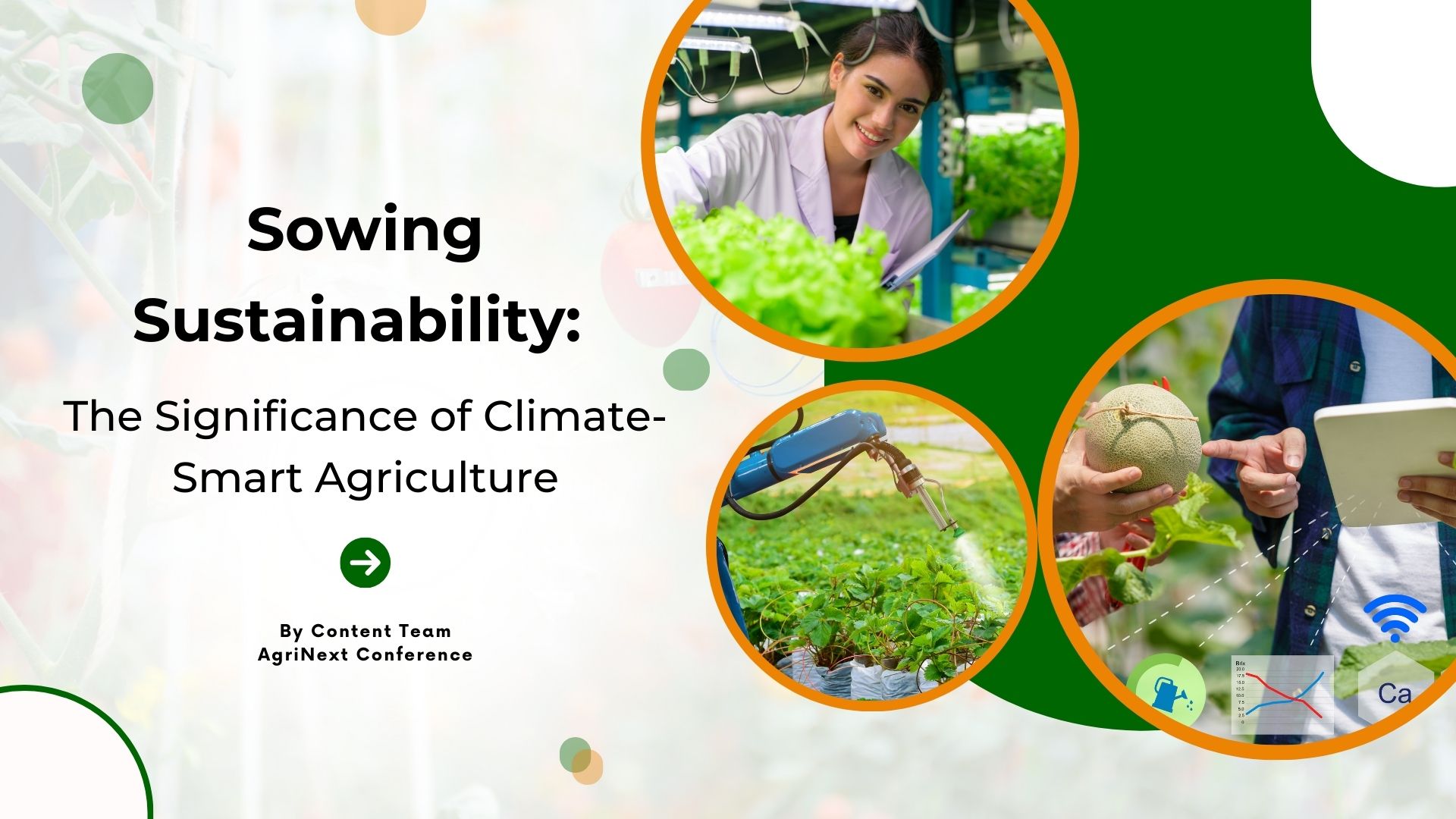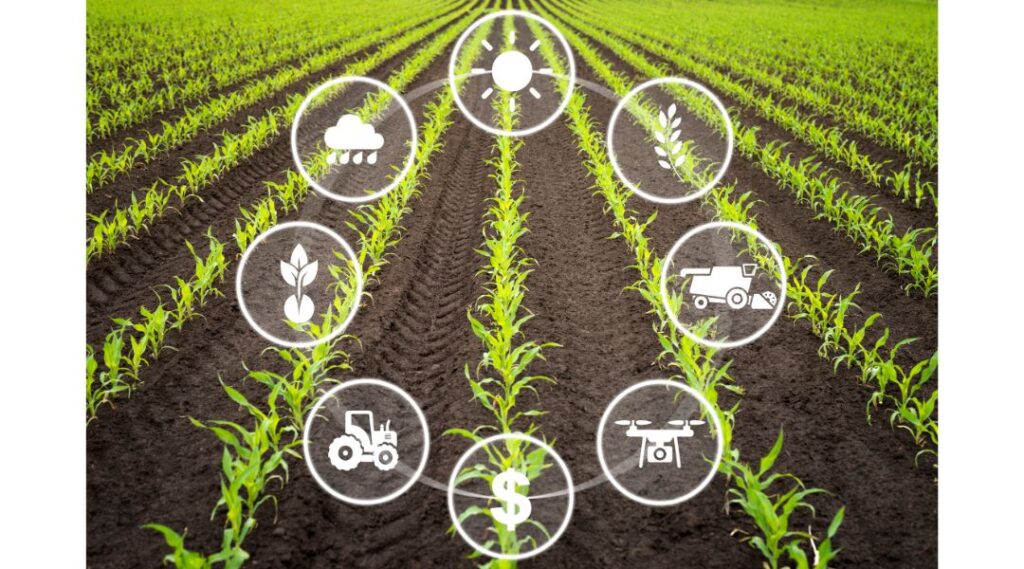
“Climate-smart agriculture offers a triple win: it boosts productivity, enhances resilience, and reduces greenhouse gas emissions. It’s a win for farmers, a win for the environment, and a win for future generations.”
Kanayo F. Nwanze, Former President of the International Fund for Agricultural Development
Table of Contents
Climate smart agriculture is a crucial approach aimed at addressing the challenges posed by climate change while ensuring food security, enhancing resilience, and promoting sustainable development. The importance and impact of climate-smart agriculture can be understood through several key points:
Resilience to Climate Change:
CSA practices are designed to help farmers adapt to changing climatic conditions, such as erratic rainfall, increased temperatures, and extreme weather events. By implementing techniques like drought-resistant crop varieties, soil conservation measures, and water management strategies, farmers can better withstand the impacts of climate change and maintain productivity.

Climate-Smart Agriculture
Food Security:
Climate change threatens global food security by affecting crop yields, disrupting supply chains, and increasing the prevalence of pests and diseases. CSA focuses on improving agricultural productivity and efficiency in a sustainable manner, thereby ensuring that farmers can continue to produce enough food to feed growing populations, even in the face of climate-related challenges.
Sustainability
CSA practices promote environmentally sustainable agricultural systems by minimizing greenhouse gas emissions, conserving natural resources, and preserving biodiversity. For example, agroforestry techniques that integrate trees with crops help sequester carbon, improve soil fertility, and enhance ecosystem resilience.
Adaptation and Mitigation:
Climate-smart agriculture combines both adaptation and mitigation strategies to address the dual challenges of climate change. Adaptation measures help farmers cope with the impacts of climate change, while mitigation efforts aim to reduce greenhouse gas emissions from agriculture through practices like agroecology, conservation agriculture, and renewable energy adoption.
Economic Benefits:
CSA practices can lead to increased farm profitability and income stability for farmers. For instance, improved water management techniques not only conserve water resources but also enhance crop yields and farm incomes. Additionally, diversification of crops and income sources can reduce farmers’ vulnerability to climate-related risks.
Resilience of Rural Communities:
Climate-smart agriculture contributes to the resilience of rural communities by strengthening their capacity to cope with climate shocks and stresses. By empowering farmers with knowledge, resources, and support, CSA helps build more resilient livelihoods and reduces dependency on external aid during times of crisis.
Global Climate Change Mitigation:
Agriculture is a significant contributor to greenhouse gas emissions, primarily through deforestation, methane from livestock, and nitrogen fertilizer use. Methane is a potent greenhouse gas, with a much higher global warming potential than carbon dioxide over a 20-year timeframe. Traditionally, rice cultivation involves flooding paddies to suppress weed growth and provide optimal conditions for rice growth. This flooding creates the anaerobic environment conducive to methane production.
As a result, methane emissions from rice farming contribute significantly to the warming of the atmosphere and climate change.Various mitigation strategies have been developed to reduce methane emissions from rice paddies while maintaining productivity. These include alternate wetting and drying (AWD) techniques, which involve periodic drying and re-flooding of paddies, as well as aerobic rice cultivation methods that minimize water use.
Cutting Methane, Boosting Sustainability
Researchers are also exploring innovative approaches such as the use of methane inhibitors, biochar amendments, and microbial treatments to reduce methane emissions from rice paddies without compromising crop yields. By adopting climate-smart practices that reduce emissions and enhance carbon sequestration, agriculture can play a vital role in global efforts to mitigate climate change. Overall, climate-smart agriculture is essential for ensuring the sustainability, resilience, and productivity of agricultural systems in the face of climate change. By promoting adaptation, mitigation, and sustainability, CSA offers a pathway towards a more secure and resilient food future for all.
“Climate-smart agriculture is not a silver bullet, but it’s an essential part of the ammunition in the fight against hunger, poverty, and climate change.”
José Graziano da Silva, Former Director-General of the Food and Agriculture Organization
As the agricultural sector continues to evolve and adapt to new challenges and opportunities, initiatives like the AgriNext Awards, Conference & Expo play a vital role in driving innovation, collaboration, and sustainability. By celebrating groundbreaking innovations, fostering knowledge exchange, and empowering the next generation of agricultural leaders, the event serves as a catalyst for positive change in the industry. As we look forward to the upcoming AgriNext Awards,Conference & Expo let us celebrate the spirit of innovation that propels agriculture toward a brighter, more sustainable future.
